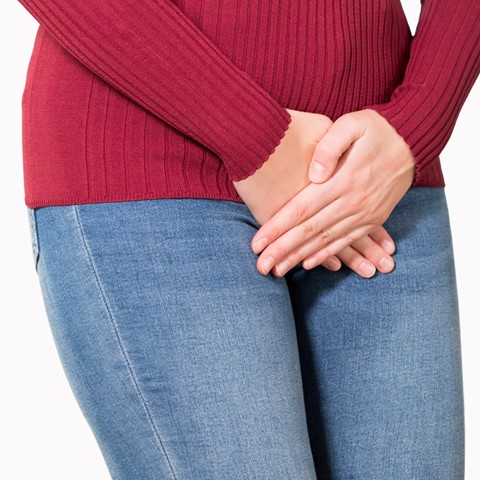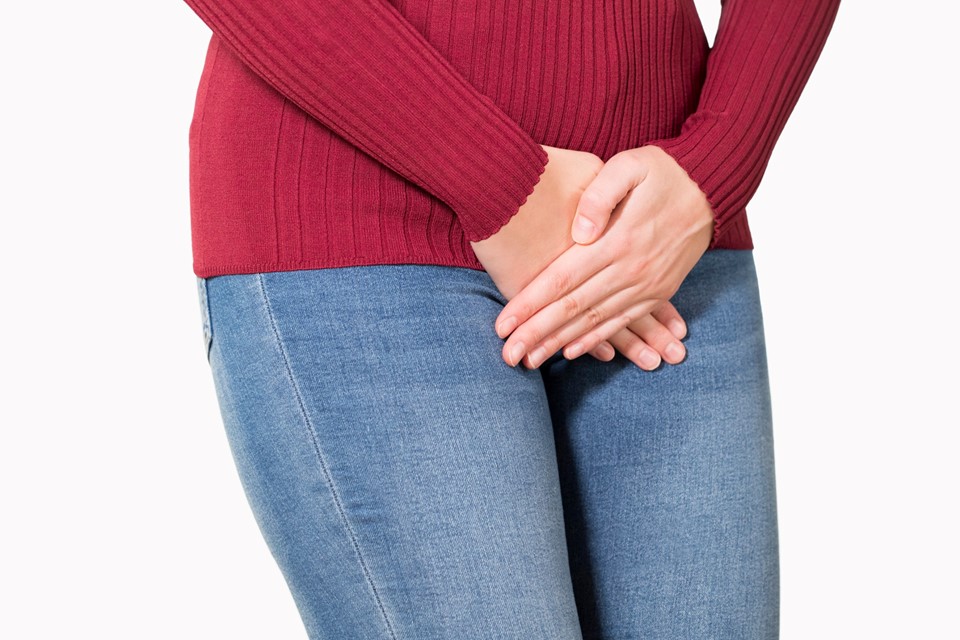Do You Have a Sudden Urge to Pee and Can’t Hold It?

Monday, 3 July 2023

Urinary incontinence – the loss of control over the bladder - is a problem more common than you might imagine and is not only the preserve of older people. In fact, it can affect all ages and for different reasons.
The severity can range from having a slight ‘oops’ moment when coughing or sneezing as a small leakage occurs, to feeling the sudden urge to pee so strongly and suddenly and not being able to reach the toilet in time.
Types of urinary incontinence:
Stress incontinence occurs when pressure is exerted on the bladder by something like coughing, sneezing, bending, laughing, lifting a heavy object or exercising.
Urge incontinence is exactly as described – a sudden urgent need to pee and being unable to hold it.
Overflow incontinence can occur when the bladder doesn’t empty fully, meaning you can get a constant dribbling of urine.
Mixed incontinence can be an issue for some who suffer both stress and urge incontinence.
What causes urinary incontinence?
There are many reasons why urinary incontinence develops, including lifestyle and dietary habits, medications and certain medical conditions. One of the first things to look at is your consumption of liquids such as tea and coffee, which are known as diuretics, alcohol and water. Remember – what goes in must come out.
Certain foods such as chocolate, citrus fruits, chilli peppers or highly spiced foods can stimulate the bladder and increase the need to pee. Medications such as heart or blood pressure medications, muscle relaxants or sedatives can have the same effect.
Urinary tract infections and constipation can cause temporary urge incontinence, but these conditions are easily treatable by your GP.
Physical and/or age-related changes to the body can cause more persistent urinary incontinence, and these can include:
· Pregnancy and/or childbirth – hormonal changes, the weight and pressure on the bladder from the unborn child. Vaginal delivery can weaken the pelvic muscles and potentially lead to a prolapse
· The bladder can become weaker with age leading to a decreased capacity for the storage of urine and a more frequent need to urinate
· Menopause means the loss of oestrogen affects the strength and health of the bladder and the urethra
· In men, problems with the prostate, such as an enlarged prostate or prostate cancer, can cause urinary incontinence
Risk factors
Women are more likely to experience urinary incontinence due to factors such as pregnancy, childbirth, menopause and the unique makeup of the female anatomy. However, age-related changes are a major risk factor for both men and women.
Being overweight adds extra pressure on the bladder and surrounding structures which weakens them and causes stress incontinence.
Diabetes or certain neurological diseases such as Parkinson’s, MS or stroke can all affect the functioning of the bladder.
There can sometimes be a genetic link. For example, if a close family member suffers from urinary incontinence, then a timely visit to your GP may be helpful.
Can urinary incontinence be prevented?
Depending on the underlying cause of your urinary incontinence, prevention may not be possible however, there are ways to minimise the risks:
· Do regular pelvic floor exercises – your local health care professional or gynaecology clinic can advise you on how to do these
· Keep to a healthy weight
· Eat more fibre to prevent constipation and ease pressure on the bladder
· Cut down on known bladder irritants like coffee, tea and alcohol.
When to see a doctor
No one likes to talk about incontinence, but if it’s starting to impact your daily life or stopping you from enjoying your normal activities, it’s time to seek advice on treatment and management of the condition. Mr Broome specialises in helping women resolve their urinary problems, please e-mail us on info@thepelvicclinic.co.uk and 0161 726 5100.

